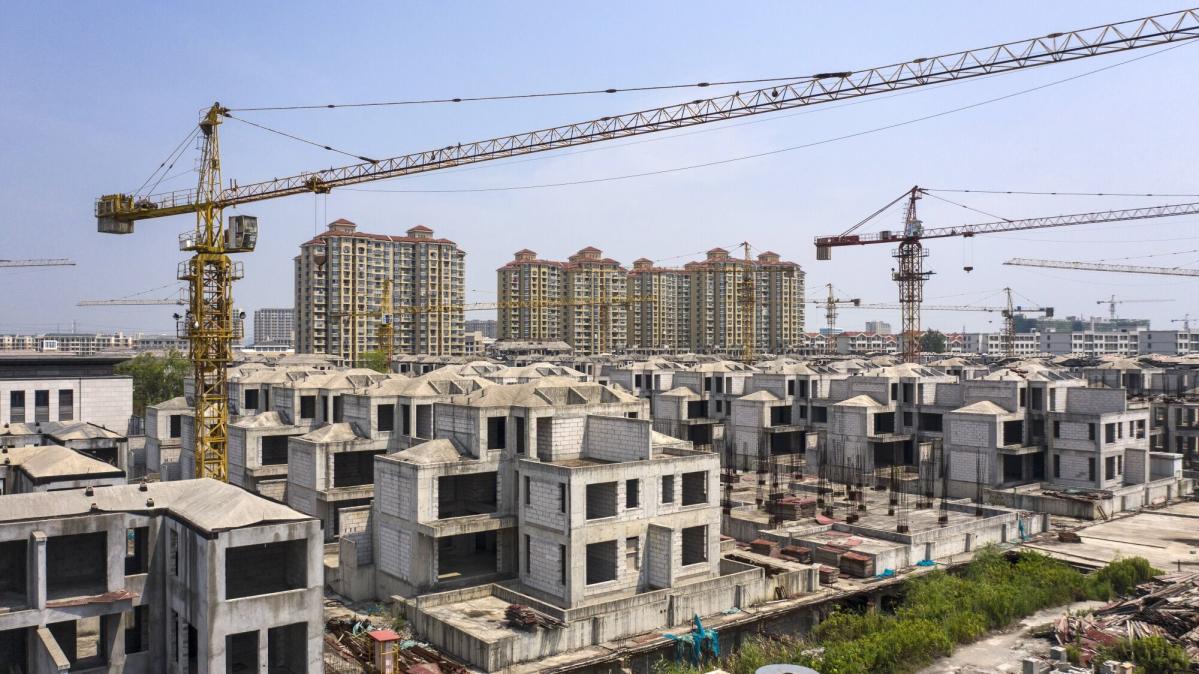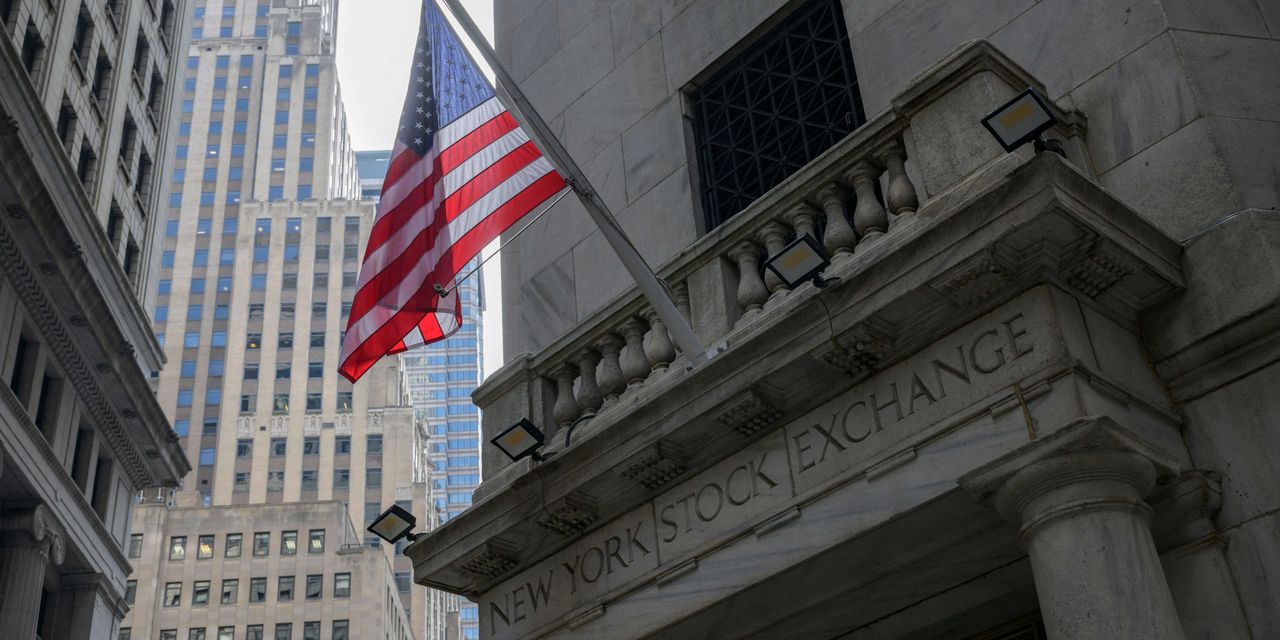(Bloomberg) — China has unveiled further easing of its mortgage policies to stem the decline in the residential real estate market and revive growth in the world’s second-largest economy.
Most Read from Bloomberg
The country is proposing that local governments scrap the rule that disqualifies people who have taken out a mortgage – even if it has been paid in full – from being considered first-time homebuyers in major cities, the official Xinhua news agency reported Friday, citing the ministry. Housing, urban and rural development, the People’s Bank of China, and the National Administration of Financial Regulation.
City governments can have discretion over whether to adopt the policy, according to the notice.
China’s real estate sector is disintegrating, and risks extend to the country’s $60 trillion financial system. China’s current policies have failed to sustain the recovery of the real estate market as falling prices extend across the country, putting the government’s 5% economic growth target at risk.
The government also said it will extend personal income tax exemptions for people who buy new homes within one year after selling old ones until the end of 2025, according to a statement from the Finance Ministry.
And while Chinese stocks posted an unexpected rally on the news, the benchmark CSI 300 index erased almost all of those gains in the space of 30 minutes. It was trading down 0.6% as of 2:29 pm in Shanghai.
“This policy is definitely positive and supportive of housing demand,” said Bruce Pang, chief economist and head of research for Greater China at Jones Lang LaSalle. “But in terms of its impact on the real estate market, we will need more time for confidence and sentiment to recover from a downward spiral in house prices. We are not at a tipping point yet.”
Country Garden Holdings, the developer that was once a pillar of the industry, is now on the verge of default, suggesting that no company is too big to fail. More developers are on edge, house prices are collapsing in smaller cities, and shadow bank Zhongrong International Trust Co. has defaulted on dozens of high-yield investment products this month, sparking protests outside its headquarters in the Chinese capital.
In at least a dozen major cities, homebuyers with a mortgage history who did not own a property were subject to higher down payment requirements and tighter borrowing limits. This suppressed demand as these people were treated as second time buyers.
In the capital, Beijing, a second-time buyer needs to make a down payment of up to 80% of the property value. The down payment is 40% for the first time.
“The key is whether core areas in first-tier cities will adopt this policy. If they do, it will be beneficial to revitalize the housing market,” said Zhaoping Xing, chief China strategist at Australia and New Zealand Banking Group Ltd. policy will be less effective.
The country’s top housing official last month urged financial regulators and lenders to step up efforts to revive the real estate sector, calling for homebuyers who have paid off their previous mortgages to be considered first-time buyers.
Developers face a gap of 62 trillion yuan ($8.5 trillion) to meet their financial obligations, the Australian and New Zealand Banking Group estimated in a report.
For housing prices, official statistics show a steady monthly decline of less than 1%, but field reports from agents show a decline of 15% or more in some areas over the past two years. Although this helps boost affordability in Beijing, declining home values have shattered consumer confidence.
Real estate debt — two-thirds of which is mortgage loans and the rest is developer debt — accounts for 48 percent of GDP at 58 trillion yuan, Goldman Sachs estimated in a report. The report said that while home mortgages pose less of a threat to banks due to higher down payment requirements, China could see 2 trillion yuan of credit deteriorate at a loss rate of 10%, mostly due to risks posed by developers.
The following are the current support measures for the industry:
-
First home buyer mortgage rates drop if newly constructed homes have fallen in price for three consecutive months
-
Putting a national ceiling on real estate commissions to boost demand
-
Allowing private equity funds to raise funds for residential real estate development
-
pledging 200 billion yuan ($27 billion) in special loans to ensure the delivery of stalled housing projects
-
A 16-point plan unveiled in November ranged from tackling the cash crunch to easing down payment requirements for home buyers.
-
On August 15, the central bank made its biggest cut in three years to the key interest rate to provide some stimulus.
In the long term, China’s aging population and slowing urbanization mean that the country is unlikely to return to its roaring days of real estate growth. President Xi Jinping’s pursuit of “shared prosperity” also means that the government is reluctant to encourage speculative buying.
China’s economy is weakening. Here’s why it matters: QuickTake
— with assistance from Tom Hancock.
(Updates with analyst voices throughout the story)
Most Read from Bloomberg Businessweek
©2023 Bloomberg LP



